Trolling and Agitation
1. Trolling is the deliberate incitement of anger or emotional responses in others online for the purpose of amusement; both contribute to online toxicity.
2. Anonymity and Disinhibition: Because the internet is anonymous, people can engage in trolling and agitation without fear of repercussions in real life, leading to more extreme and provocative behavior.
Posting controversial comments on forums or social media solely to elicit reactions is an example of “trolling.”
3. Echo Chambers and Division: Online platforms can create echo chambers in which like-minded people amplify extreme views, contributing to polarization and increasing the likelihood of agitation.
To learn more about it, watch this video:
Participating in online discussions solely to escalate conflicts by expressing extreme or inflammatory viewpoints is an example.

How do you protect yourself from it?
- Individuals can protect themselves by recognizing trolling behavior, avoiding provocation, and reporting or blocking users who engage in online agitation.
For example, instead of responding to intentionally provocative comments, report them to the platform for moderation. - Individuals can reduce the impact of trolling and agitation on their online experiences by being mindful of their online behavior, remaining vigilant against provocations, and utilizing platform tools.
